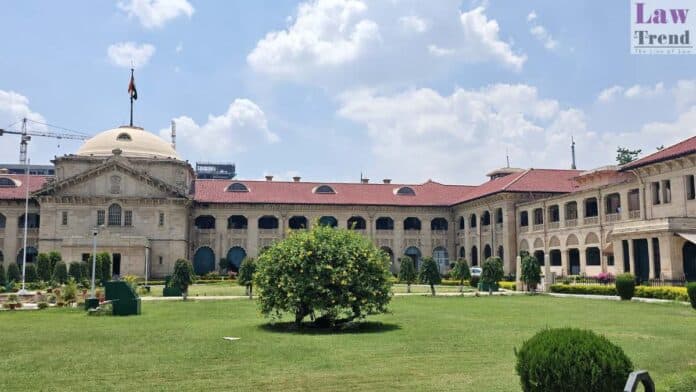The Allahabad High Court has held that a man’s refusal to marry his partner after being in a consensual relationship for four years does not constitute a cognisable offence, dismissing a woman’s plea alleging rape.
Justice Arun Kumar Singh Deshwal, while pronouncing the order on September 8, observed that when two competent adults cohabit as live-in partners for years, it must be presumed that they voluntarily chose such an arrangement with full awareness of its consequences.
“In our view, if two able-minded adults reside together as a live-in couple for more than a couple of years and cohabit with each other, a presumption would arise that they voluntarily chose that kind of a relationship fully aware of its consequences. Therefore, the allegation that such a relationship was entered into because there was a promise of marriage is, in the circumstances, unworthy of acceptance,” the court said.
The petitioner, a woman employed at a Tehsil office in Mahoba district, alleged that her colleague had engaged in sexual relations with her under the promise of marriage but later backed out. She filed a complaint before the Sub-Divisional Magistrate (SDM) and the police.
Her complaint was initially dismissed by the Additional District and Sessions Judge, Mahoba, on August 17, 2024. She then moved the High Court challenging that order.
The woman’s counsel argued that the man’s refusal to marry amounted to breach of promise, vitiating consent for the physical relationship.
Appearing for the man, advocate Sunil Choudhary submitted that both parties had been in a consensual relationship, and the woman’s own statements confirmed that they had planned to marry initially. However, due to certain reasons, his client later chose not to proceed with marriage.
He further pointed out that both sides had already settled their disputes before departmental officers, after which the woman had decided not to pursue the case.
The bench noted that the couple’s relationship was widely known among their Tehsil colleagues, and it continued for four years without coercion. It further highlighted that the woman had not alleged that she would have refrained from entering into the relationship had there been no promise of marriage.
The High Court concluded that no cognisable offence was made out and upheld the Sessions Court’s decision.




